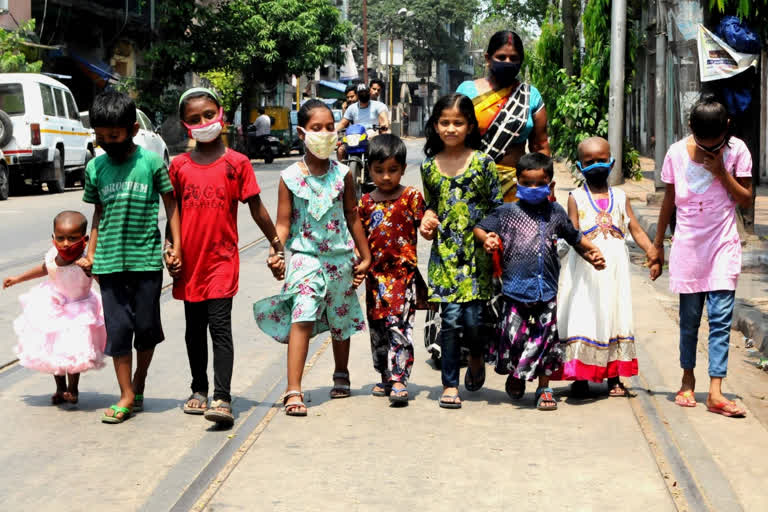New York: Stating that children are among the most severely impacted victims of COVID-19, the United Nations Children Fund (UNICEF) said that the investment in the future should not be deprioritized.
In a statement, UNICEF Executive Director Henrietta Fore said that unless action is taken to address the pandemic's impacts on children, the "echoes of COVID-19 will permanently damage our shared future."
"Not only are children and young people contracting COVID-19, they are also among its most severely impacted victims," she said.
The statement added that according to an analysis by UNICEF, 99 per cent of young people under the age of 18 worldwide, live in one of the 186 countries with some form of movement restrictions in place due to COVID-19.
Sixty per cent of all children live in one of the 82 countries with a full (7 per cent) or partial (53 per cent) lockdown – accounting for 1.4 billion young lives.
Read: Art, culture hit hard amid lockdown; UNESCO extends support
"We know that, in any crisis, the young and the most vulnerable suffer disproportionately. This pandemic is no different. It is our responsibility to prevent suffering, save lives and protect the health of every child," the statement said.
"We must also ensure that risk-informed decisions on COVID-19 control measures are made based on the best available evidence in order to minimize and prevent any collateral damage, and to provide mitigation measures so the damage is not lasting," it added.
Fore said that in times of a potential global recession, it is important to resist the temptation to "deprioritize investment in our future."
Increased investments now in education, child protection, health and nutrition, and water and sanitation will help the world reduce the damage caused by this crisis and avoid future crises, Fore added.
Stating that unless a vaccine is found, COVID-19 will remain a threat to people world over, Forte urged countries and communities to work together to address the crisis.
Read: Lifting virus restrictions too quick could spark 'deadly resurgence': WHO



